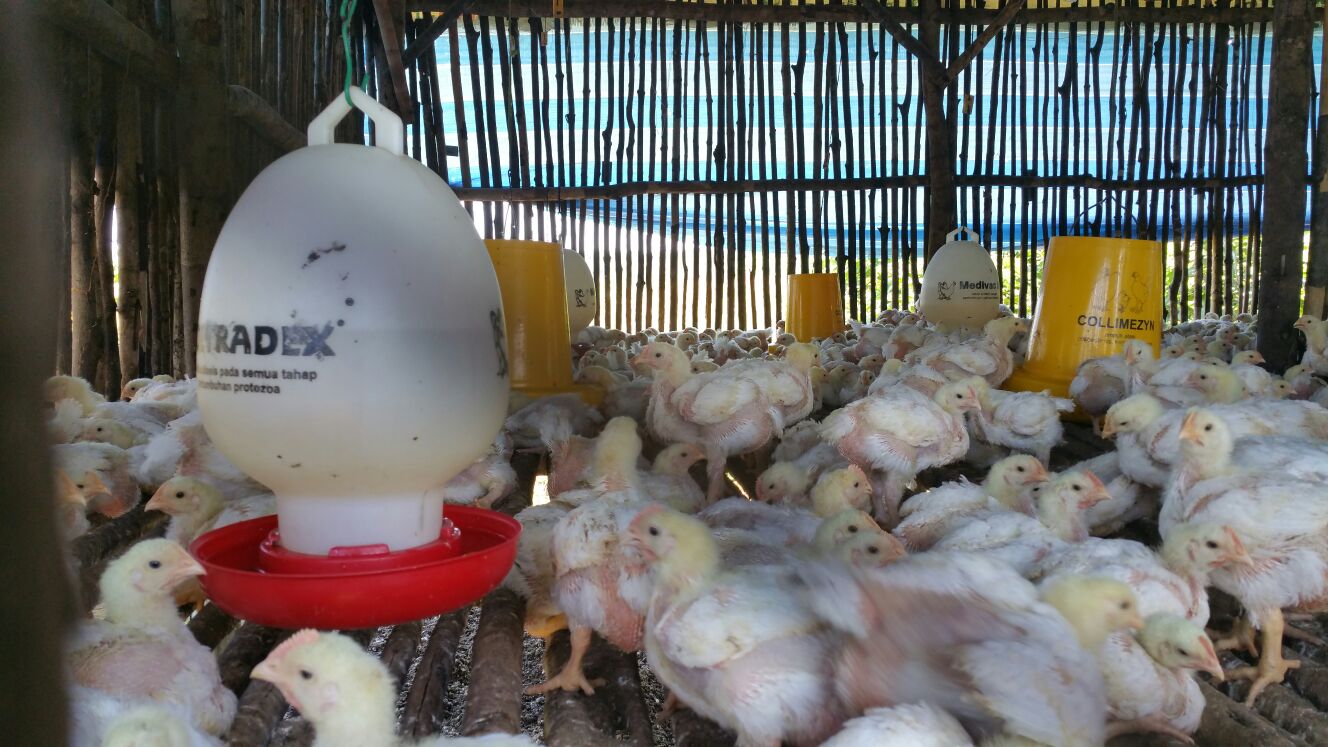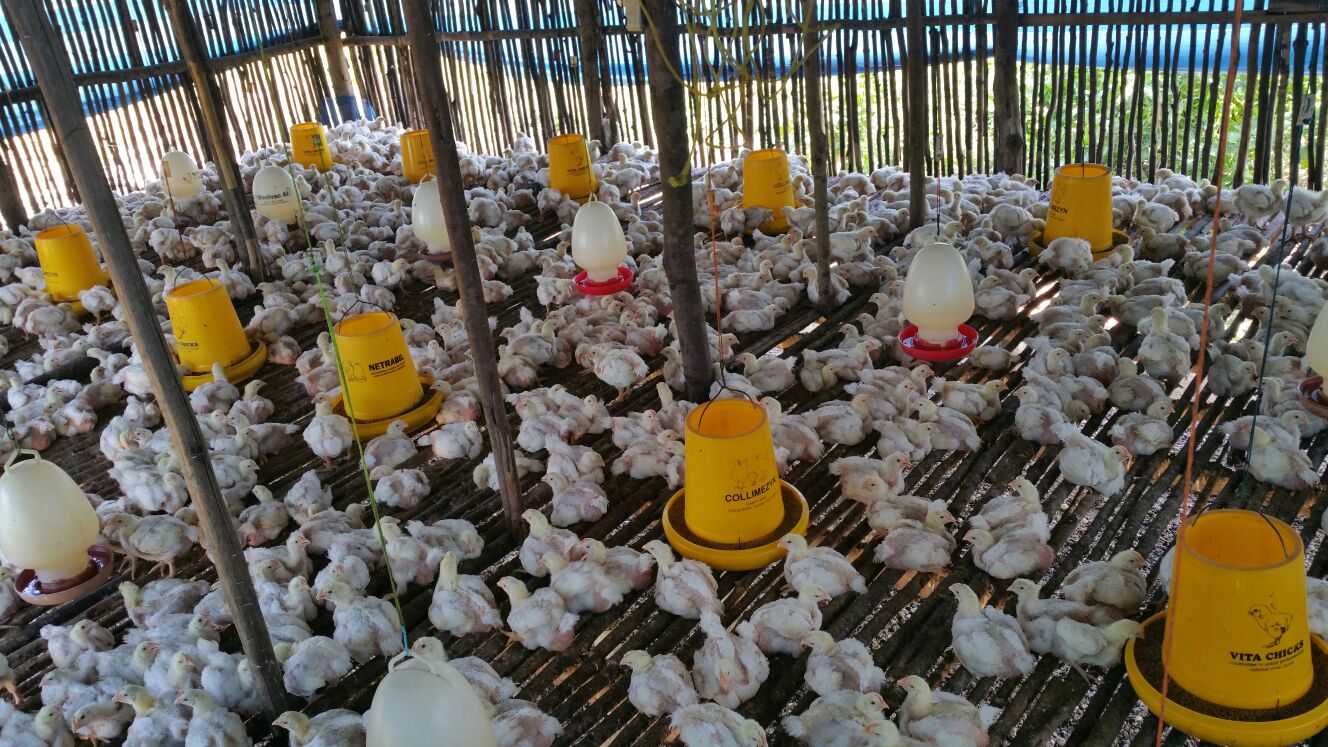In Section IIE paragraph 5, The Cape Town Commitment mentioned this :
5. Walk in simplicity, rejecting the idolatry of greed
The widespread preaching and teaching of ‘prosperity gospel’ around the world raises significant concerns. We define prosperity gospel as the teaching that believers have a right to the blessings of health and wealth and that they can obtain these blessings through positive confessions of faith and the ‘sowing of seeds’ through financial or material gifts. Prosperity teaching is a phenomenon that cuts across many denominations in all continents.
We affirm the miraculous grace and power of God, and we welcome the growth of churches and ministries that lead people to exercise expectant faith in the living God and his supernatural power. We believe in the power of the Holy Spirit. However, we deny that God’s miraculous power can be treated as automatic, or at the disposal of human techniques, or manipulated by human words, actions, gifts, objects, or rituals.
We affirm that there is a biblical vision of human prospering, and that the Bible includes material welfare (both health and wealth) within its teaching about the blessing of God. However, we deny as unbiblical the teaching that spiritual welfare can be measured in terms of material welfare, or that wealth is always a sign of God’s blessing. The Bible shows that wealth can often be obtained by oppression, deceit or corruption. We also deny that poverty, illness or early death are always a sign of God’s curse, or evidence of lack of faith, or the result of human curses, since the Bible rejects such simplistic explanations.
We accept that it is good to exalt the power and victory of God. But we believe that the teachings of many who vigorously promote the prosperity gospel seriously distort the Bible; that their practices and lifestyle are often unethical and un-Christlike; that they commonly replace genuine evangelism with miracle-seeking, and replace the call to repentance with the call to give money to the preacher’s organization. We grieve that the impact of this teaching on many Churches is pastorally damaging and spiritually unhealthy. We gladly and strongly affirm every initiative in Christ’s name that seeks to bring healing to the sick, or lasting deliverance from poverty and suffering. The prosperity gospel offers no lasting solution to poverty, and can deflect people from the true message and means of eternal salvation. For these reasons it can be soberly described as a false gospel. We therefore reject the excesses of prosperity teaching as incompatible with balanced biblical Christianity.
https://www.lausanne.org/content/ctc/ctcommitment#p2-5
Though the distorted grace message seems to be the main tenet of the hyper grace doctrine, the actual main message of claiming of wealth and health blessings through sowing of seed by giving generously to the church really enthrall the followers.
Allow me to show the fallacy of this sowing of the miracle seed.
Luke 21:1-4 NASB
And He looked up and saw the rich putting their gifts into the treasury. And He saw a poor widow putting in two small copper coins. And He said, “Truly I say to you, this poor widow put in more than all of them; for they all out of their surplus put into the offering; but she out of her poverty put in all that she had to live on.”
This passage clearly reminds us that our offering is only meaningful to God out of a genuine love for Him and not with any other selfish or covetous motive. In Matt 6:1-4, Jesus our Lord already told us that if our giving is to draw and gain recognition from others, our giving will not be acceptable to God. Jesus specifically said that the poor widow gave more than all of the rich that day. Obviously He was not referring literally to the physical absolute amount of money given. Jesus, in His omniscience, even knew the 2 copper coins were all she had to live on.
Jesus is watching intently on our motives for giving our offering today as well. Let’s be sure on this first fact that Jesus our Lord uses a different criterion to weigh our giving – on our hearts and on not our gifts – unlike the tangible criterion the world uses.
Similarly, Jesus weighs on our repentance and not on our works, or on the circumcision of our hearts and not physical circumcision pertaining to our response to the gospel.
What the poor widow put into the treasury was considered more than all the rich Jews put. So let’s be sure that it is not the physical amount Jesus weigh on but the right motive or attitude in giving. The poor widow gave out of poverty while the rich Jews gave out of surplus – contrasting extremes which our Lord always loved to use to illustrate His teachings. The only qualm I can see about the rich giving out of surplus in this incident is probably a nonchalant performance of duty and not an act of devotion, unlike the poor widow. Then consider this : how contemptible it will be if the rich actually give with a covetous heart that God will reward him or her with even more when he or she is already very well off !
Let’s look at the first fallacy.
Jesus would be wrong to commend that the poor widow gave more if this false teaching of the growth formula (growth of multiple fold to what one gives) is to be believed because the poor widow would gain the least among all who gave that day. The real motivation behind such call to sow miracle seed is to raise as much funds as possible for the church and this objective can only be achieved by stoking the greed in the members to give more in physical amount and be rewarded in kind by God. Pittance giving will be considered a nuisance to the fund raising exercise.
On the second fallacy, this false teaching promises deliverance from poverty for sacrificial giving to the church. If it is true, the poor widow should not remain poor all this while till Jesus saw her. If she was giving for the first time, it would be a first time jackpot hit and Jesus was not really omniscient to know. Definitely not the first time because she was a Jew and not young since she was a widow. And if she had been giving with such commendable attitude all this while, then why was she still poor ? Do you follow ?
When the rich gave, the gifts would not hurt them a bit for it would be a pittance of their surplus. But when the poor widow gave, she probably had to go hungry that day for that was all she had to live on. Hallelujah ! The poor widow was really wise to see that storing treasure in Heaven, and not on earth, would last. Her physical hunger was nothing compared to her hunger for God. That was an excellent act of devotion to God. Besides she had survived all this while on little showing she had no lack by the grace of God though she was poor.
Let’s emulate the poor widow in giving out of love for God instead of covetous motive.





